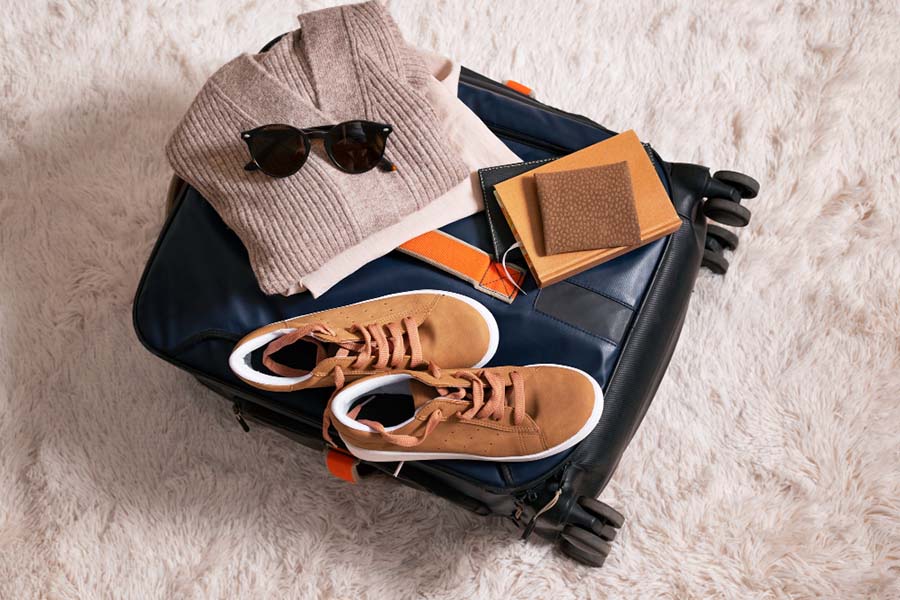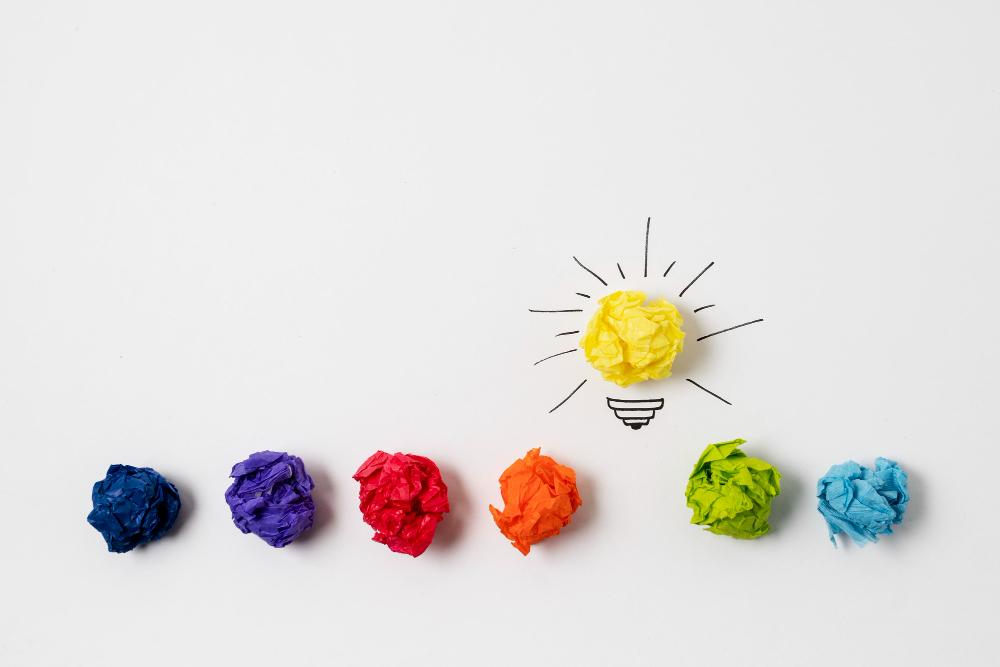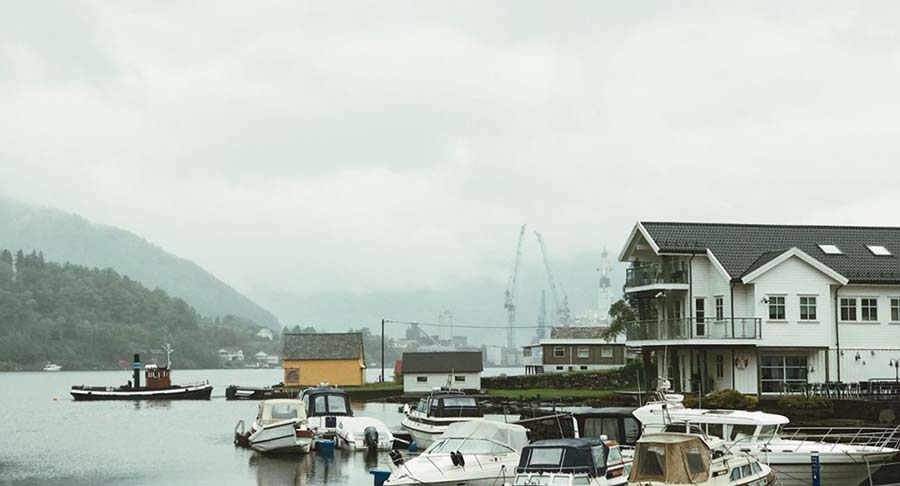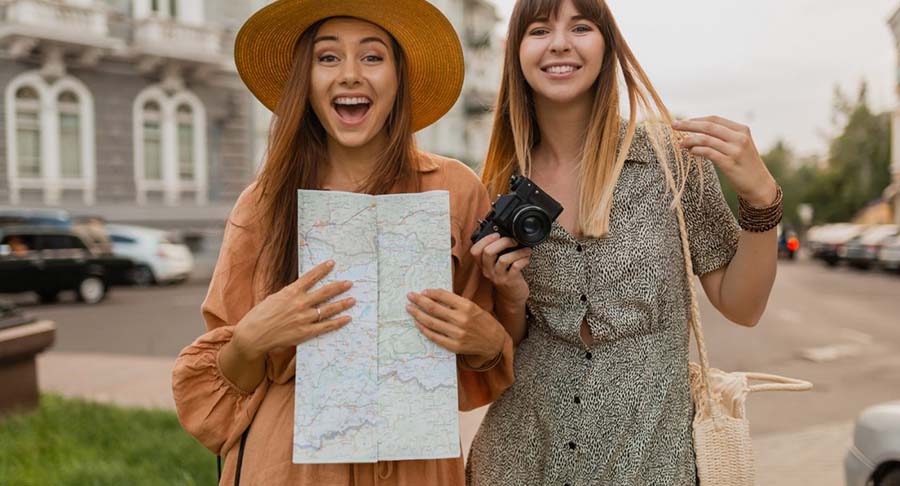Immersing in Dubai’s Local Culture: Unveiling Emirati Traditions
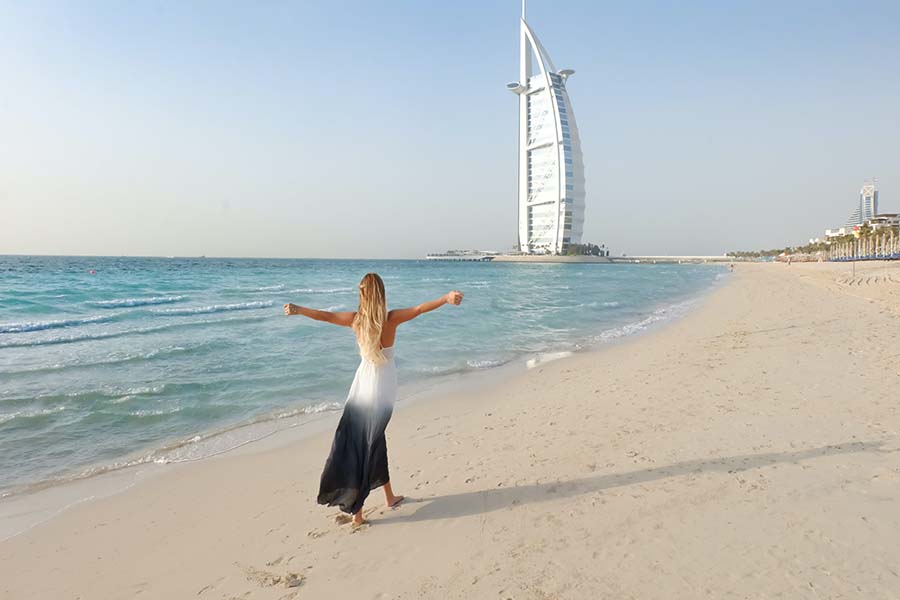
Dubai, the bustling metropolitan city in the United Arab Emirates, is not only known for its modern skyscrapers and luxurious lifestyle but also for its rich traditional Emirati culture. In this blog, we will explore Dubai’s local customs and traditions, giving you a deeper understanding of the city’s heritage and helping you make the most of your visit.
Greetings and Etiquette
Emiratis place great importance on greetings, and exchanging pleasantries when meeting someone is customary. Handshakes are the most common form of greeting, and it is polite to greet each person individually. When greeting an Emirati, using their title followed by their first name is respectful.
When engaging in conversation, it is essential to maintain eye contact as a sign of respect. Emiratis value personal connections, so taking the time to inquire about their family members’ well-being or their health and happiness is considered polite. Additionally, showing interest in the local culture and traditions is highly appreciated and can lead to meaningful conversations.
Clothing and Dress Code
Dubai is a cosmopolitan city, but respecting the local culture and adhering to modest dress codes is essential, especially in public places and religious sites. While there is no strict dress code for tourists, it is advisable to dress modestly by avoiding revealing clothing or wearing bikinis outside designated beach areas.
For men, wearing long pants and shirts with sleeves is customary. Women should opt for loose-fitting clothing that covers their shoulders and knees. It is also recommended for women to carry a scarf or shawl to cover their heads when visiting mosques or other religious sites.
Traditional Clothing
The traditional clothing of Emirati men is the Kandura, a long white robe made of cotton or wool. It is a symbol of elegance and simplicity. The Kandura is worn with a headdress called a Ghutra or Shemagh, held in place by an Ogal, a black cord. The Ghutra protects from the sun and sand while adding a touch of tradition to the attire.
Emirati women traditionally wear an Abaya, a loose-fitting black cloak, a Shayla, and a headscarf. The Abaya is a symbol of modesty and is often embellished with intricate embroidery or beadwork, showcasing the craftsmanship of Emirati artisans. Some women also wear a Niqab covering the face, leaving only the eyes visible.
Local Cuisine and Dining Etiquette
Emirati cuisine reflects the rich flavours of the region and combines influences from Arab, Persian, and Indian cuisines. When dining in Dubai, eating with your right hand is customary, as the left hand is considered unclean. Sharing meals is common, and accepting second helpings as a sign of appreciation is polite.
Emirati meals are often centred around rice, meat, and fish. One popular dish is Machbous, a spiced rice dish with meat or seafood. The aromatic blend of spices such as saffron, cardamom, and cinnamon creates a delightful explosion of flavours. Another traditional dish is Harees, a porridge-like dish made of wheat and meat, which is slow-cooked to perfection. For those with a sweet tooth, Luqaimat is a must-try. These sweet dumplings are served with a drizzle of date syrup, providing a delicious combination of textures and flavours.
To fully appreciate Emirati cuisine, consider visiting local restaurants or attending traditional Emirati food festivals. These events offer an opportunity to indulge in a wide range of authentic dishes while immersing yourself in the vibrant atmosphere of the local culinary scene.
Social Customs and Hospitality
Emiratis are known for their warm hospitality and generosity towards guests. If invited to an Emirati home, it is customary to bring a small gift, such as chocolates or flowers, as a token of appreciation. When visiting someone’s home, removing your shoes before entering and waiting to be seated is polite.
During social gatherings, it is common for Emiratis to serve Arabic coffee, known as Gahwa, accompanied by dates as a gesture of welcome. Accepting these offerings is a sign of respect and appreciation. When drinking Gahwa, remember to hold the small handleless cup with your right hand and take small sips, as it is customary to enjoy the coffee slowly.
Emiratis value personal connections and take pride in their cultural heritage. Engaging in conversations about local traditions and history or even expressing curiosity about the Emirati way of life can create a deeper bond and leave a lasting impression. Embracing the customs and traditions of the host country will enhance your experience and forge meaningful connections with the local community.
Traditional Activities and Festivals
To truly experience the Emirati culture, immerse yourself in traditional activities and festivals in Dubai. These events offer a glimpse into the rich heritage and customs of the Emirati people.
One famous traditional activity is Camel Racing. Witness the thrilling camel races that take place in Dubai’s outskirts. It is a traditional sport that has been practised for centuries. Marvel at the agility and speed of these magnificent animals as they compete against each other in this exhilarating event.
Falconry is another traditional Emirati sport that holds great cultural significance. Visit a local falconry centre to learn about the art of falconry and watch trained falcons in action. Falcons are considered noble birds in Emirati culture, and their training and hunting techniques have been passed down through generations.
For a glimpse into the vibrant market atmosphere of Dubai, take advantage of the Dubai Shopping Festival. This month-long festival showcases traditional Emirati crafts, clothing, and jewellery. It is the perfect opportunity to buy souvenirs and immerse yourself in the local culture. Explore the bustling souks, haggle for unique treasures, and experience the vibrant energy of the festival.
Cultural Sensitivity and Respect
While Dubai is a diverse city with people from various backgrounds, being culturally sensitive and respectful is essential. Some customs and practices may differ from your own, but embracing and understanding them will enhance your experience in Dubai. Emiratis appreciate visitors who show respect for their traditions and customs.
When visiting religious sites, such as mosques, it is essential to dress modestly and behave respectfully. Women should cover their heads with a scarf, and men and women should avoid revealing clothing. Additionally, it is customary to remove your shoes before entering mosques as a sign of respect.
Public displays of affection should be avoided, as they are considered inappropriate in the local culture. It is important to be mindful of your actions and respect the Emirati people’s boundaries and traditions.
Conclusion
Dubai’s traditional Emirati culture is a fascinating blend of ancient traditions and modern influences. By familiarising yourself with local customs and traditions, you can fully immerse yourself in the city’s rich heritage. Remember to be respectful, open-minded, and willing to learn, and you will undoubtedly have an unforgettable experience exploring Dubai’s vibrant cultural tapestry.
Check out our other related posts if you enjoyed this one.
- Zoom-Ready Fashion: Must-Have Styles for Virtual Meetings!
- Jet-Setter Must-Haves: Fashionable Travel Essentials!
- Unlock Wealth Secrets: Rich Dad Poor Dad Reveals All!
- Unleash Your Earning Potential: Mastering the Gig Economy Game!
- Unlock Your Peak Performance: Fast This Way with Dave Asprey!
- Revolutionise Your Kitchen: Master Zero-Waste Cooking Magic!
- Wild Adventures and Hilarious Mishaps: Bill Bryson’s Appalachian Trail Tale!
- Mastering AutoML: Perks, Uses & Hurdles Uncovered
- Love Unveiled: Cracking the Code of Relationships with John Gray!
- Unlocking Forever: Master the Secrets to Relationship Bliss!
If you enjoyed this blog post, subscribe for updates and stay tuned for our latest insights.
FAQ
What is the traditional greeting etiquette in Dubai?
In Dubai, exchanging pleasantries and greeting each person individually is customary. Handshakes are the most common form of greeting, and using the person’s title followed by their first name is respectful.
What is the dress code for visiting public places and religious sites in Dubai?
While there is no strict dress code for tourists in Dubai, respecting the local culture and adhering to modest dress codes is essential. Men should wear long pants and shirts with sleeves, while women should opt for loose-fitting clothing that covers their shoulders and knees. It is recommended for women to carry a scarf or shawl to cover their heads when visiting religious sites.
What are the traditional clothing of Emirati men and women?
Emirati men wear a long white robe called Kandura and a headdress called Ghutra or Shemagh. Emirati women traditionally wear an Abaya, a loose-fitting black cloak, and a headscarf called Shayla. Some women also wear a Niqab covering the face, leaving only the eyes visible.
What are some traditional Emirati dishes to try in Dubai?
Some traditional Emirati dishes in Dubai include Machbous, a spiced rice dish with meat or seafood, and Harees, a porridge-like dish made of wheat and meat. Luqaimat, sweet dumplings served with date syrup, is a must-try for dessert.
Credits
Featured photo by The Lazy Artist Gallery on Pexels.



